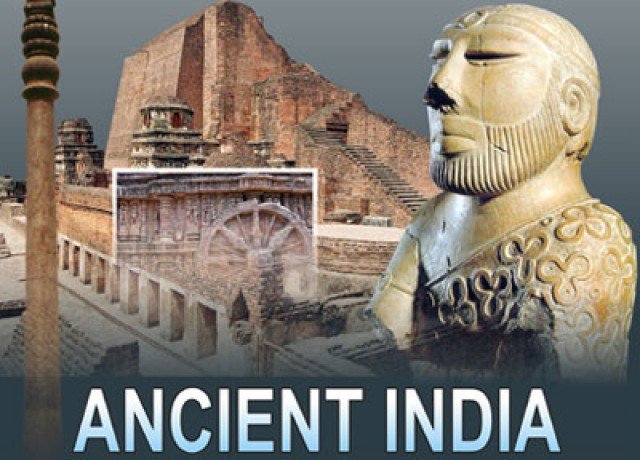Ten Facts About Indian History You Probably Didn’t Know
There are many facts about Indian History which you might not know. Listing out a few interesting, but must know knowledge bits.
- Indian Subcontinent was originally not a part of the Asian land mass, it was part of the Gondwana region in the Southern Hemisphere.
- Indian Subcontinent split up from Gondwana, moved northward and hit the Asian land mass about 4.5 crore year before.
- Humans (Homo sapiens) evolved in Africa about 1 lakh – 2 lakh years before. They spread to different parts of the world – including Indian subcontinent – by around BC 70,000.
- The first inhabitants (emigrants from Africa) of Indian sub-continent in all probability were the tribals.
- The list of early inhabitants of Indian soil includes Nagas (Assam), Bhils, Santhals (Andaman), Gonds, Todas etc (speakers of the Austric, pre-Dravidian languages, such as Munda and Gondvi). Negrito race has presence in India for more than 60000 years.
- Dravidians (Meditaranian Race) and Proto-Australoids were the second major class of immigrants to Indian sub-continent. They were the builders of Indus Valley Civilization (BC : 2700-BC 1900). Presently these races form the majority of South Indians.

India : Land of Immigrants : Courtesy : http://www.adilmohdblog.com
- Aryans – the next set of immigrants – came from Central Asia by BC 1500. Vedic period and its elements like caste system started then. Aryans are the majority in the north-western part of India now.
- Though elements of nature worship was there during Indus Valley Civilization, the origin of Hinduism is usually attributed to Vedic period, as it was during this period the Vedas were composed. Hinduism in its present form emerged much later.
- Jainism and Buddhism were basically reformist movements against the Brahmin supremacy and caste system. (BC 600-500).
- India was not a complete Hindu nation through out the history, even though the majority of population were always Hindus. Whole or parts of India had seen empires with rulers patronizing different religions like Hinduism, Jainism, Buddhism, Islam, Sikhism etc during different periods of time. But there was always a sense of secularism and unity in diversity in the minds of the rulers and people. After all, India belongs to every one!